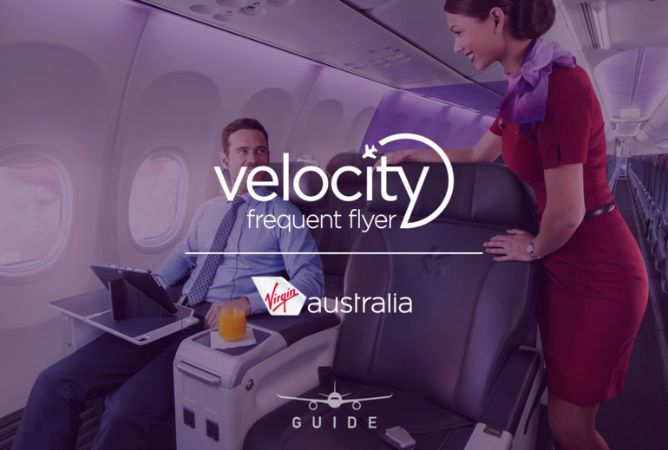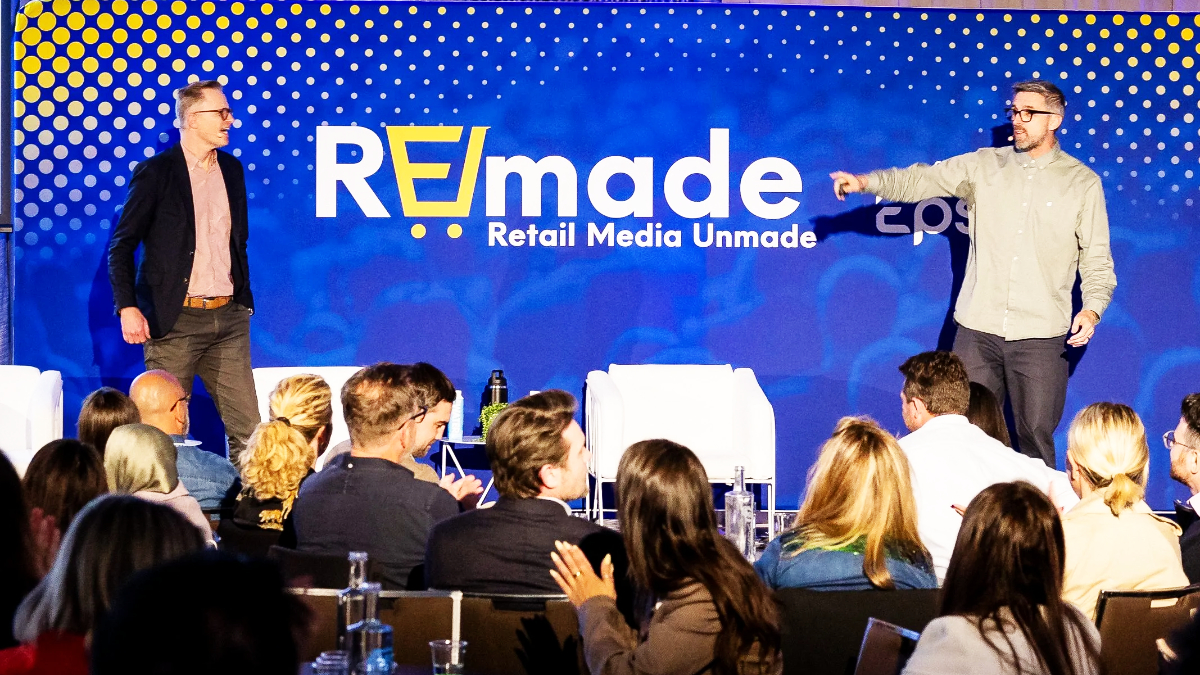Doing what?
Apologies for the blatant clickbait headline but it is intriguing that these and other forward-thinking organisations are all building internally what used to be a strictly external marketing function. There is an accelerating trend amongst global power brands to build and rely on in-house creative teams.
Along with Amazon, Lego and Spotify, Lastminute.com, Lucozade and Trivago are other global businesses which have recently internalised creative. Which begs the question why? Surely creativity is the last mohican of all the external marketing functions? Surely brands need a fiercely independent voice generating innovative ideas that ‘the company man’ could never concoct in his wildest dreams?! Apparently not.
Let’s investigate three key reasons for the move given by leaders within these businesses:
Intimate brand and customer knowledge
Famous for genuinely placing the customer at the centre of everything they do, Amazon maintain that view when it comes to creativity, “there is huge value to having an in-house agency at Amazon because we think of our customers first”.
At Spotify helping customers navigate the platform is paramount. “When it comes to helping people find content, we know that better than any external partner ever could”.
Increasing importance of owned channels
With the rise and rise of informative & entertaining content being produced for owned channels like instore, websites, social and email, comes a need for an always-on creative team working hand-in-hand with the in-house production team.
Trivago has creative, production, design and data science teams in-house, which means “we’re quite agile and the learning doesn’t get lost.” They recently conducted 3 rounds of live content testing, applying feedback instantly to get to a solution that worked.
Integration efficiencies
At Lego, the creative team interacts on an hourly basis with people across the business, from product marketers to media, planning and social media teams. This is simply not possible with external teams and results in increased collaboration, communication effectiveness and operational efficiency.
In-housing creative teams is not for everyone. One of the biggest challenges is finding an experienced creative team who are willing to work on one brand within a corporation and then ensuring that team integrates into the culture whilst also challenging norms.
It seems that more often than not, for progressive businesses who embrace the concept of ‘everything communicates’, the benefits of in-housing creativity outweigh the hurdles.




